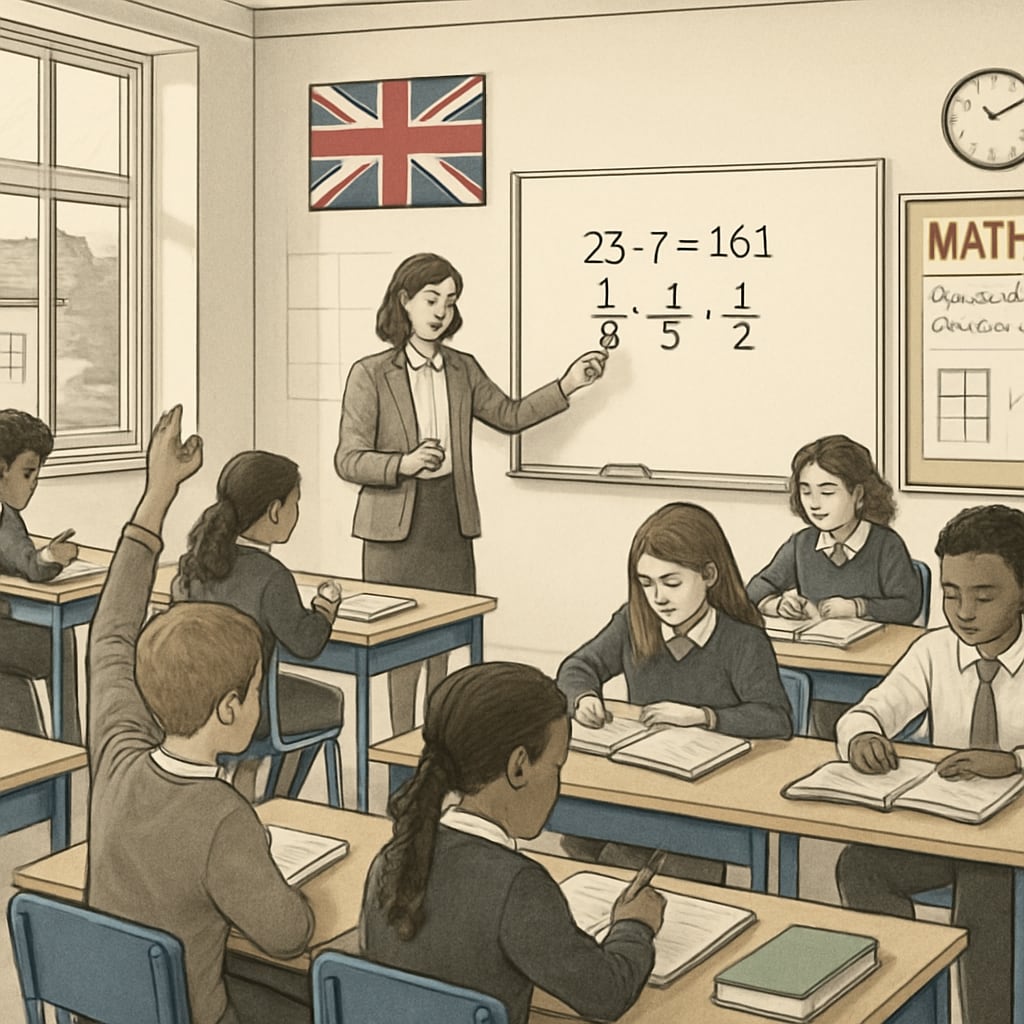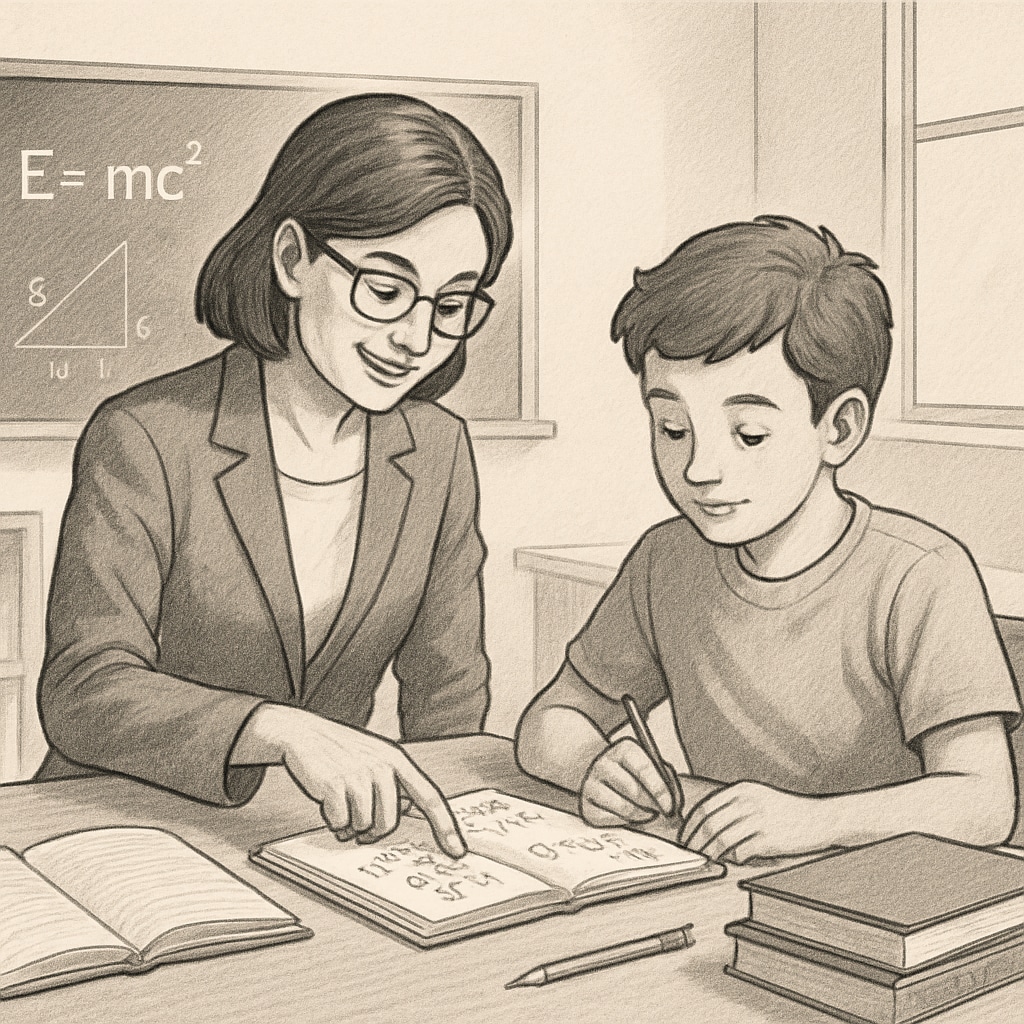In the UK, systemic education gaps often leave many young learners struggling to catch up, particularly when their studies are interrupted due to family challenges. Addressing these disruptions is critical for their future. This article examines the pathways available for academic recovery, focusing on support systems and essential subjects like mathematics courses. By identifying the shortcomings of existing frameworks, it offers practical solutions for young people to restart their academic journey successfully.
Understanding the Challenges of Education Disruption
Education interruptions can arise from various factors, including family instability, financial difficulties, or mental health challenges. These disruptions not only hinder academic progress but also affect a young person’s confidence and long-term career prospects. For instance, many youths in the UK fail to meet basic numeracy and literacy standards, which are essential for higher education and employment opportunities.
The current support systems, while well-intentioned, often lack flexibility and fail to address individual needs. For example, government-funded programs like GCSE retakes or adult learning courses may not always provide sufficient resources or personal guidance for students who have been out of school for extended periods.

Existing Support Systems: Strengths and Weaknesses
The UK provides several options for students looking to resume their education:
- Further Education (FE) Colleges: These institutions offer flexible courses, including GCSE retakes and vocational training. However, many students report large class sizes and limited one-on-one support.
- Online Learning Platforms: Websites such as BBC Bitesize provide free educational resources. While accessible, these lack the accountability and structure of traditional classrooms.
- Apprenticeships: These programs allow students to earn while they learn, but they are often limited to specific trades and not academic subjects like mathematics.
Despite these resources, gaps remain. Many young learners struggle to navigate these options, especially those from disadvantaged backgrounds. Additionally, critical subjects like mathematics—which require consistent practice and foundational understanding—are often inadequately addressed.
Practical Strategies for Academic Recovery
To effectively support youth in resuming their education, the following strategies can be implemented:
- Customized Learning Plans: Schools and colleges should adopt individualized education plans tailored to the unique needs of returning learners. These plans could include flexible schedules and personalized tutoring in core subjects.
- Mentorship Programs: Pairing students with mentors can help them stay motivated and navigate the challenges of re-entering education. Mentors can also guide them in setting realistic academic and career goals.
- Accessible Mathematics Courses: Mathematics requires a structured approach. Offering targeted, small-group classes or online modules with live support can help struggling students master essential skills.
- Mental Health Support: Addressing the emotional impact of educational interruptions is crucial. Schools should integrate counseling services to build resilience and confidence in students.

Conclusion: Building a Supportive Framework
Reclaiming education is not just about academic success; it’s about giving young people the tools to rebuild their futures. By addressing the shortcomings in current support systems and implementing targeted strategies, the UK can create an inclusive educational environment that empowers all students, regardless of their circumstances. Essential subjects like mathematics should be prioritized to ensure that no learner is left behind.
For further reading on educational pathways and support systems, visit Education on Britannica.
Readability guidance: This article uses short paragraphs and lists to improve comprehension. Passive voice and long sentences are minimized to enhance clarity. Transition words are included to ensure smooth flow between ideas.


